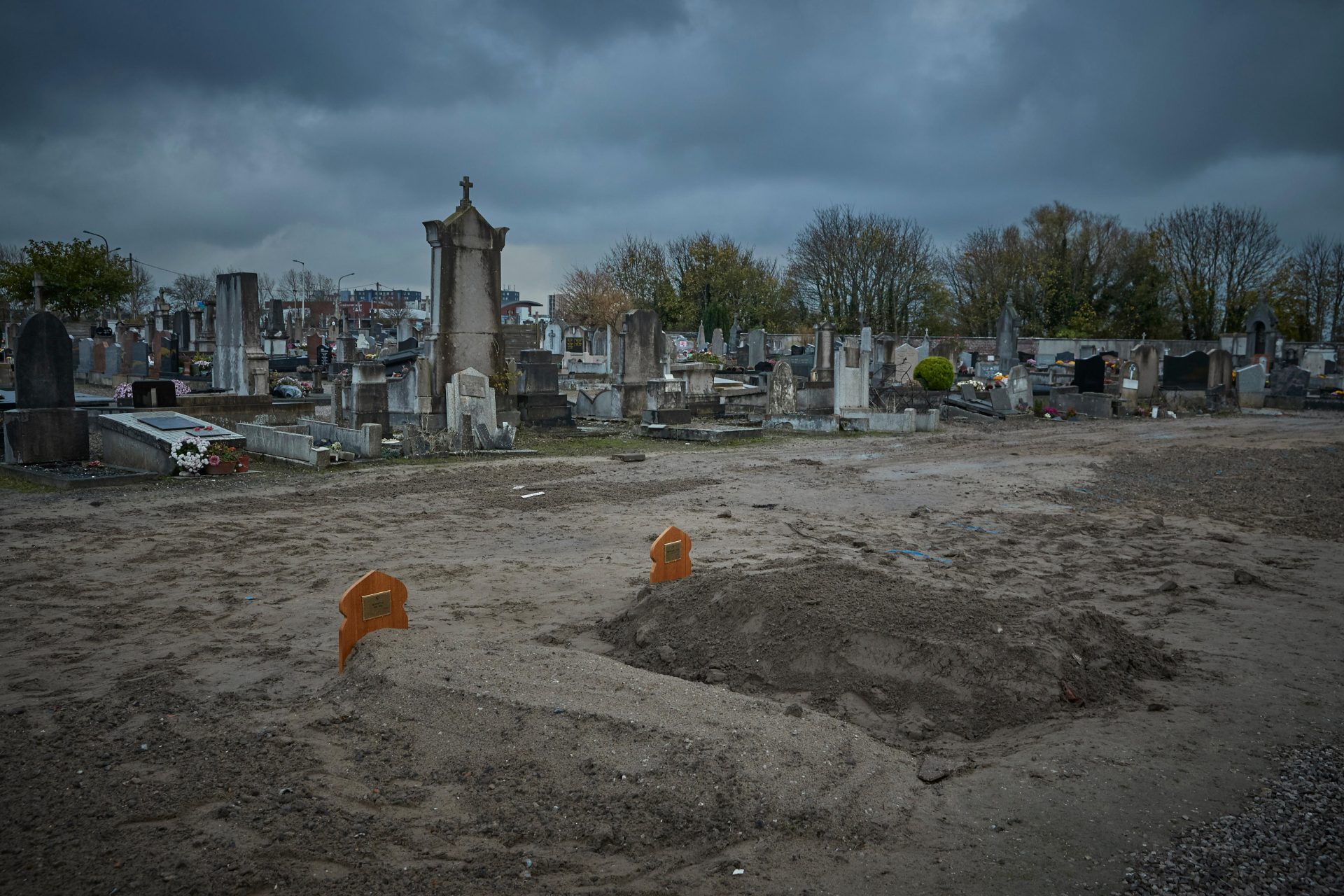Sooner or later something bigger than Covid-19 is going to hit us – perhaps literally hit us. There are plenty of asteroids out there, and if one collides with Earth it could wipe out a country or even the whole of humanity.
It’s a relief, then, to learn that NASA has already launched a spacecraft that’s heading towards a small asteroid called Dimorphos.
The idea is that it will smash into the asteroid at 15,000 miles per hour sometime next year, knocking it a little from its existing trajectory.
Dimorphos isn’t a threat to Earth (as long as the spacecraft doesn’t send it flying towards us). This is just a test of capability.
But in the future, NASA or other agencies might have to save the planet, so it’s good that the aeronautical engineers are on the case.
The doomsday scenario of an asteroid hitting the earth is one the American philosopher Samuel Scheffler used in an interesting thought experiment in his book Death and the Afterlife (OUP, 2013).
Imagine that somehow you learn that 30 days after your death the whole of humanity will be wiped out by a much larger version of Dimorphos crashing into the planet.
You won’t be around to experience that. Would that knowledge change the way you thought about your life now and what you most value?
Scheffler argued that it would. It really matters to us that there will be other people continuing life after we die. Although most of us don’t realise it, our lives are entangled with what we believe is going to happen after our deaths.
A few negative utilitarians, who think we should strive to reduce suffering at all costs, might argue that ending the world painlessly would be a good thing. It would, at a stroke, remove all pain and all future pain.
But for most of us, it would be profoundly disturbing, even though we wouldn’t be around to experience that catastrophe as it happened.
Some activities would immediately seem completely pointless, particularly any that require a long history to achieve their aims, such as most types of medical research, and much other science too.
But Scheffler argues that knowledge of this future destruction would undermine much more. Perhaps, for example, making works of art would lose their value to us if we knew how short the future history of art would be.
We could probably continue to enjoy listening to music, or playing football, because neither are affected by whether or not other people will continue to exist at a later date. We enjoy such experiences in the moment.
But there are many things we that require life to continue for others to make sense at all.
Although I hope the UK will rejoin the EU in my lifetime, I realise that might not happen. But I still will do what I can to make it more likely to happen after my death.
Yet anything that I might do in that vein now would be utterly pointless if I knew that all humanity would be wiped out 30 days after I expire.
For Scheffler, it’s not just because we want our children, friends and others to have a fulfilling and long existence that we care about what happens after our own deaths. Although that is part of it, of course.
He uses the plot of P.D. James’s 1992 novel The Children of Men, later successfully filmed by Alfonso Cuarón, in which human beings become infertile and gradually die out without any new generations being born, to make the point.
Most of us want future generations of people we’ll never meet to exist. Everyone who is born in the imaginary P.D. James scenario has a normal lifespan, but it still matters that the end result will be the total extinction of humanity.
In that imaginary situation, our children and friends would live long lives (although they couldn’t have children), but we’d nevertheless care about the non-existence of any future human generations.
According to Scheffler, knowledge of an imminent and inevitable doomsday would be corrosive, as would the infertility scenario: both would remove the point of many of the activities we currently consider valuable.
So much of what we do matters to us now because we are confident that humanity will continue to exist for long into the future (though certainly not for ever).
That is a revelation.
Let’s hope, then, that NASA perfects the asteroid deflection system even though it’s unlikely to be needed in our lifetime. Doomsday in a hundred years would still be bad for all of us.
Everyday Philosophy: How Doomsday changes the way we live
Philosopher NIGEL WARBUTON on how Covid isn't the only disaster we should be wary of.



